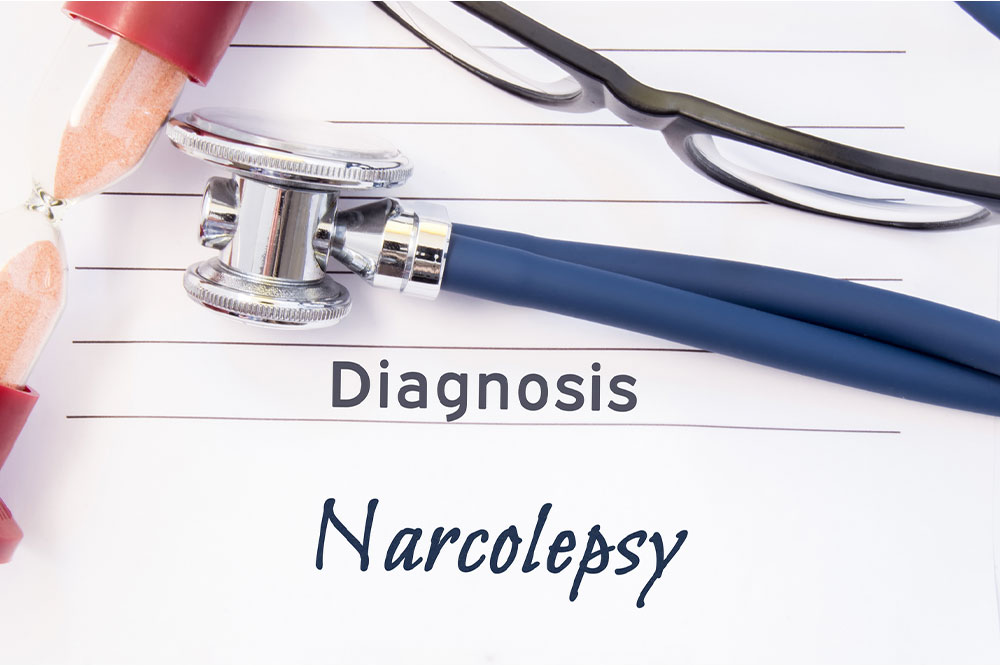Recognizing the Main Indicators of Narcolepsy
This article explores the key signs of narcolepsy, including sudden sleep attacks, intense fatigue, hallucinations, and muscle weakness. Recognizing these symptoms is vital for early diagnosis and treatment. The piece emphasizes that many individuals remain undiagnosed and highlights the importance of consulting healthcare providers for proper care. Understanding narcolepsy’s impact on sleep-wake cycles can improve awareness and management of this neurological disorder.

Recognizing the Main Indicators of Narcolepsy
Countering common misconceptions, narcolepsy is a neurological condition linked to low levels of hypocretin, a brain chemical essential for managing sleep cycles, including REM sleep. Disruptions here cause extreme fatigue, concentration challenges, memory lapses, and hallucinations.
People with narcolepsy often encounter unexpected sleep episodes called sleep attacks, which can happen during everyday activities like eating or driving. Many go undiagnosed and untreated. Diagnosis requires recognizing at least one of four main symptoms, which may vary in severity.
Note that only around one-third of sufferers exhibit all four symptoms:
1. Profound tiredness
The hallmark of narcolepsy is overwhelming exhaustion. While many remain awake during the day, during intense episodes, they might lose focus, experience mental fog, or carry out automatic behaviors—repetitive actions performed unconsciously and often forgotten later.
2. Sensory and consciousness disturbances
Individuals may face sleep paralysis and vivid hallucinations when awake, falling asleep, or waking up. Sleep paralysis involves being conscious but unable to move or speak for seconds or minutes. Hallucinations are realistic sensory experiences at sleep transitions, often causing distress.
3. Sudden muscle weakness
Cataplexy is a common symptom, involving abrupt muscle weakness or partial paralysis. It may lead to minor slackening of muscles or full-body collapse, frequently triggered by strong emotions like laughter, surprise, anger, or fear.
4. Other related symptoms
Sleep disruptions such as insomnia, restless sleep, daytime drowsiness, memory problems, concentration issues, and depression are prevalent, reflecting the broader impact of narcolepsy on sleep health.
Disclaimer: This overview provides general information on symptoms and effects of narcolepsy. It is not a substitute for professional medical advice. Consult healthcare professionals for diagnosis and treatment options.


